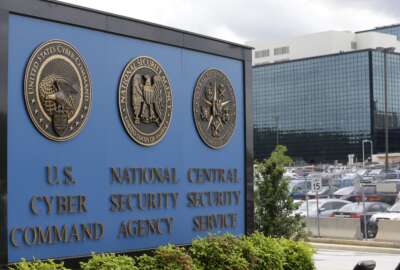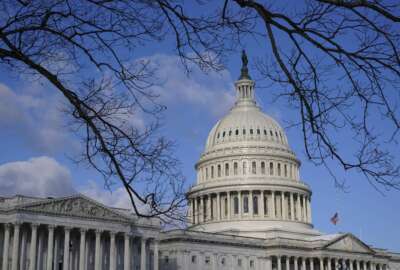TSA’s Secure Flight program faces some challenges
The new program requires 100 percent terrorist watchlist matching.
After longstanding recommendations from the 9/11 Commission, the Transportation Security Administration is now checking every airline passenger against terrorist watchlists.
Under the Secure Flight program, TSA is pre-screening every passenger’s name, date of birth and gender against terrorist lists compiled by the FBI.
The program affects anyone that’s traveling into, out of or within the U.S.
But each day, there are some 2 million passengers coming through about 450 ports across the country. The new mandates have added a lot more work for the TSA, and many passengers have concerns over privacy issues.
Director of Secure Flight at TSA Paul Leyh says, while the program is an overall success, Secure Flight is not without its challenges.
“The process is somewhat of a complex process. You have a lot of different systems that you have to integrate with. Each one of the airlines has it’s own system you have to collaborate with,” says Leyh.
Before Secure Flight, individual airlines, not the TSA, were responsible for terrorist matching.
With that responsibility being shifted to one agency, Leyh says there will be grater consistency and efficiency to the matching process.
But now that every single traveler will be pre-screened, the TSA faces more instances of blocking passengers that have the same or similar names to terrorists on the “No Fly List.”
Leyh says, however, that the TSA has a very intricate redress process.
“If you feel you’ve been misidentified as having a similar name to someone on the watchlist, you have the ability to apply for a redress number that confirms you’re not the person on the watchlist. And so, as you make a reservation, you include the redress number. And the matching is also matched against the Clear List, so this issue is a non-issue,” says Leyh.
“Assuming the traveler has provided all the data that we request, meaning the full name as it appears on your government-issued ID, date of birth, gender, and redress number if you have one, then more than 99 percent of travelers will be cleared by providing this information.”
As for privacy issues, Leyh says Secure Flight has built the privacy concerns travelers may have into the program. Leyh says TSA asks only for the minimum amount of data from travelers.
“We put a tremendous focus on the privacy part of this. We look at this every day. We have privacy people embedded here to ensure that we continue our focus on privacy,” says Leyh.
Read more about this on DorobekInsider: TSA’s Secure Flight program deployment not without problems.
Email the author of this post at ereilly@federalnewsradio.com
Copyright © 2025 Federal News Network. All rights reserved. This website is not intended for users located within the European Economic Area.





